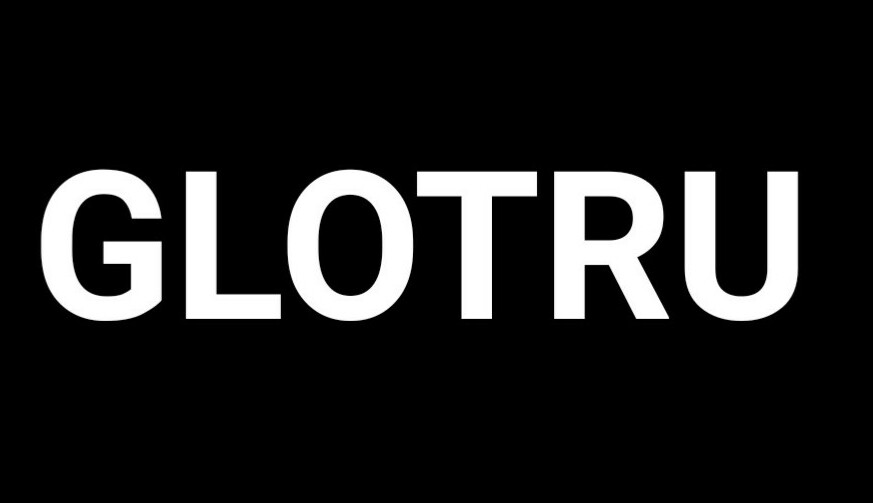Laravel is an open-source PHP web application framework that follows the Model-View-Controller (MVC) architectural pattern. It was created by Taylor Otwell and was first released in 2011. Laravel is designed to make web development more enjoyable and efficient by providing an elegant syntax and a robust set of features.
Some key features and concepts of Laravel include:
- Routing: Laravel provides a simple and expressive way to define web routes, allowing developers to map URLs to specific controller actions.
- Controllers: Controllers are responsible for handling HTTP requests and contain the application’s business logic. They help separate the application’s logic from the presentation layer.
- Views: Views are used to present data to users. Laravel uses the Blade templating engine, which allows developers to write clean and efficient templates with features like template inheritance and sections.
- Eloquent ORM: Laravel’s Eloquent is an advanced and easy-to-use Object-Relational Mapping (ORM) system. It allows developers to work with the database using PHP objects and relationships instead of writing raw SQL queries.
- Middleware: Middleware in Laravel provides a convenient way to filter HTTP requests coming into your application. It can be used for tasks such as authentication, logging, and more.
- Artisan CLI: Laravel comes with a command-line interface called Artisan, which provides various commands to help with repetitive tasks like database migrations, generating boilerplate code, and clearing caches.
- Authentication and Authorization: Laravel offers built-in authentication and authorization features, making it straightforward to implement user authentication and manage user roles and permissions.
- Security: Laravel includes various security features like CSRF protection, input validation, and encryption to help developers build secure applications.
- Testing: Laravel supports testing with PHPUnit out of the box, making it easier to write and run unit tests for your application.
- Laravel Ecosystem: Laravel has a vibrant and extensive ecosystem with a rich collection of packages, known as “Laravel Packages” or “Laravel Extensions,” which can be easily integrated into your application to add more functionality.
Overall, Laravel has gained popularity due to its developer-friendly nature, extensive documentation, and active community support. It’s suitable for building web applications of all sizes and complexities, from small projects to large-scale enterprise applications.

